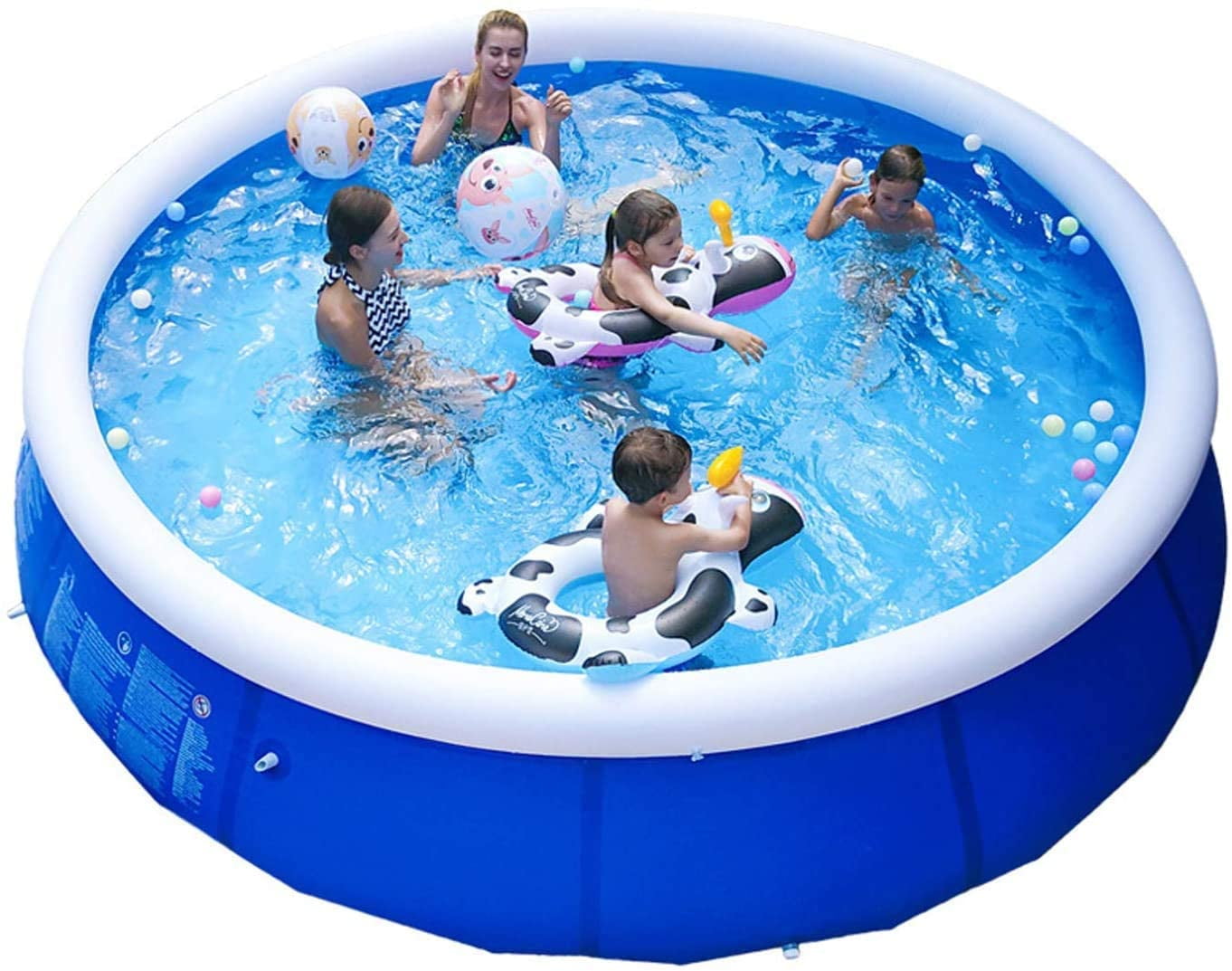

When chlorine is added to inflatable pool water with ideal pH levels, it will kill most germs - including E. Shouldn't simply adding a few drops of chlorine make pool water safe for swimming? The answer, unfortunately, is more complicated than yes or no. "Owners should routinely clean and disinfect their pools in an effort to keep the virus from spreading," he adds. Vernon advises following CDC protocol in the water and near the water by social distancing and continuing safe hygiene practices, such as hand washing. "The wrong chemical combination can make your pool water cloudy, corrode pool surfaces and damage pool equipment." Vernon, founder and COO of America's Swimming Pool Company. "Improper use of chemicals can lead to frustrated pool owners and costly pool repairs," says Stewart C.

This may be good news for backyard pool enthusiasts, but a DIY chemical concoction to disinfect swimming water needs to be undertaken with care. "Proper operation and maintenance (including disinfection with chlorine and bromine) of these facilities should inactivate the virus in the water." "There is no evidence that the virus that causes COVID-19 can be spread to people through the water in pools, hot tubs, spas, or water play areas," the Centers for Disease Control and Prevention (CDC) said on its website. Although vinyl can be relatively durable, it is not impervious, so keep an eye out for nearby trees, shrubs or anything sharp that can puncture the pool, cause damage or become a safety hazard to people who are swimming, Bailey adds. It's also important to consider the area surrounding the pool. Our son is old enough that he wants to have friends over, so we account for that, too."

I also consider how many people will be using it. "I measure the space where it's going to go and leave lots of room around it. "When buying an inflatable pool, I always look at the size first," Bailey says. The depth of an inflatable pool generally varies from just a few inches to about 4 feet (a little over 1 meter) and the circumference can range up to about 10 feet (3.5 meters), which requires placement consideration. "We had one summer where our inflatable pool actually held up just fine, but there's always been an issue ever since."Īn inflatable pool can cost anywhere from $20 to more than $200, depending on size, and can be purchased from online retailers or brick-and-mortar stores. "We buy a new one most summers, unfortunately," says Bailey, president of WikiLawn, a company that connects homeowners with lawn care professionals in their communities. Purchasing an inflatable pool with multiple, separate air chambers may help minimize those inevitable leaks. Most inflatable pools are comprised of a polyvinyl chloride (PVC) and rubber composite that is built up in layers. Although they offer a cooling dip at a reasonable price, inflatable pools can be tough to maintain for more than a season because of air leaks, which are a common complaint.


 0 kommentar(er)
0 kommentar(er)
